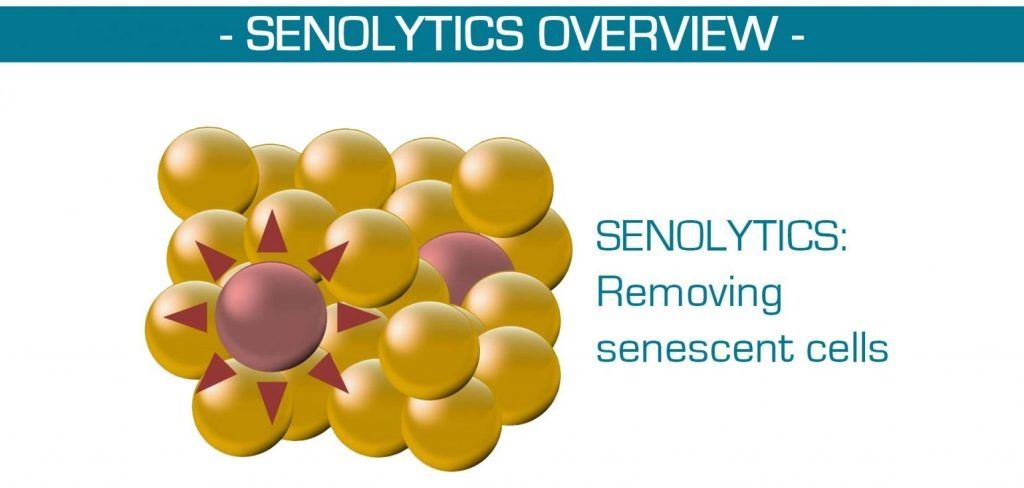May 1, 2017
This Transhumanist Politician Wants to be Governor of California
Posted by Zoltan Istvan in categories: bioengineering, biotech/medical, cyborgs, geopolitics, governance, life extension, robotics/AI, transhumanism
A nice new write-up on my governor run: https://humanityplus.wordpress.com/2017/04/24/this-transhuma…alifornia/ #transhumanism
It’s a good time to be a transhumanist politician. As faith in the political establishment declines, new technologies, from gene editing to artificial intelligence, are transforming our lives faster than ever. The transhumanist author and politician Zoltan Istvan agrees. He thinks the time is ripe for pro-science and technology governance, and for leaders who will embrace the technologies that could fundamentally transform our conceptions of what it means to be human.
Istvan is a maverick who appears to thrive in an ‘outsider’ role. He self-published a sci-fi novel, The Transhumanist Wager, in 2013, which became a surprise bestseller on Amazon. In 2016, he made an unlikely run for US president as the leader of the Transhumanist Party. Now, he’s making a bid for Governor of California in the 2018 election under a Libertarian Party ticket.
Continue reading “This Transhumanist Politician Wants to be Governor of California” »
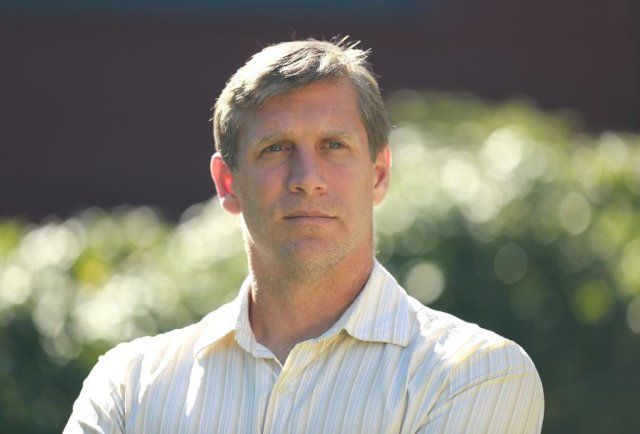


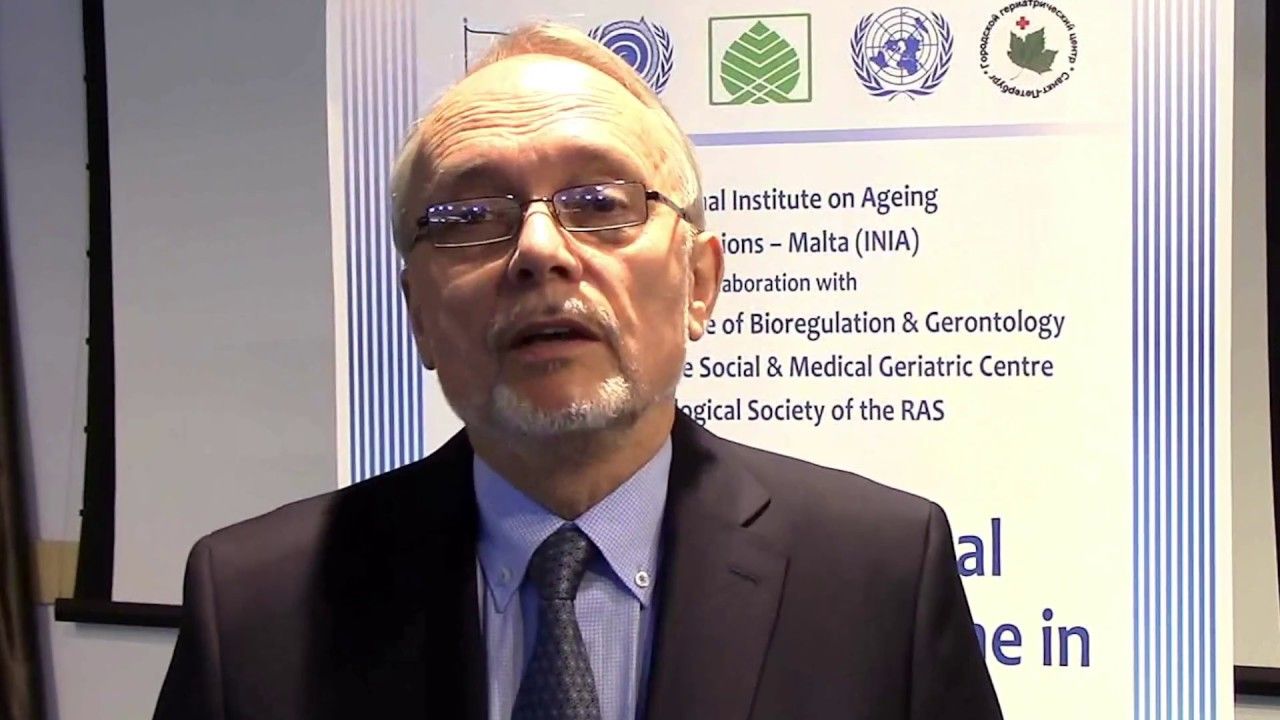
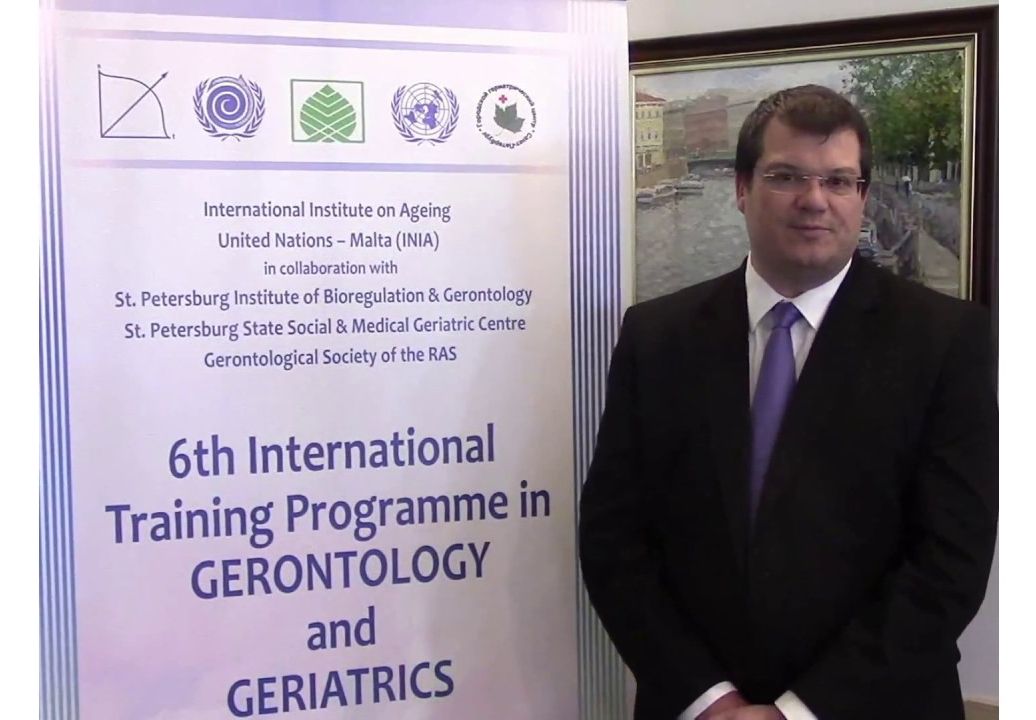
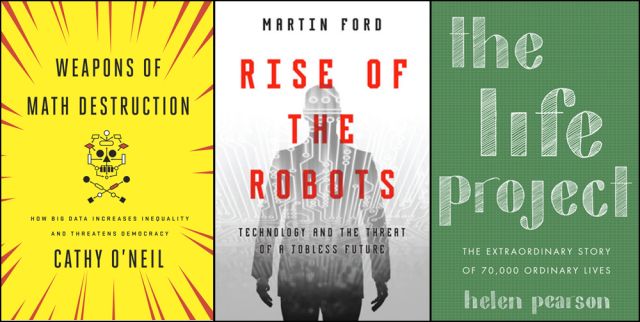

 The most common type of dementia is Alzheimer’s disease and as the average life expectancy has risen in recent decades so has the occurrence of this and other neurodegenerative diseases. Aging is the primary risk factor for Alzheimer’s and researchers are searching for new ways to combat this devastating disease.
The most common type of dementia is Alzheimer’s disease and as the average life expectancy has risen in recent decades so has the occurrence of this and other neurodegenerative diseases. Aging is the primary risk factor for Alzheimer’s and researchers are searching for new ways to combat this devastating disease.